THE DARK SIDE OF SERVING IN THE SOUTH KOREAN MILITARY
CoCoP: COMMUNICATING COHESION POLICY
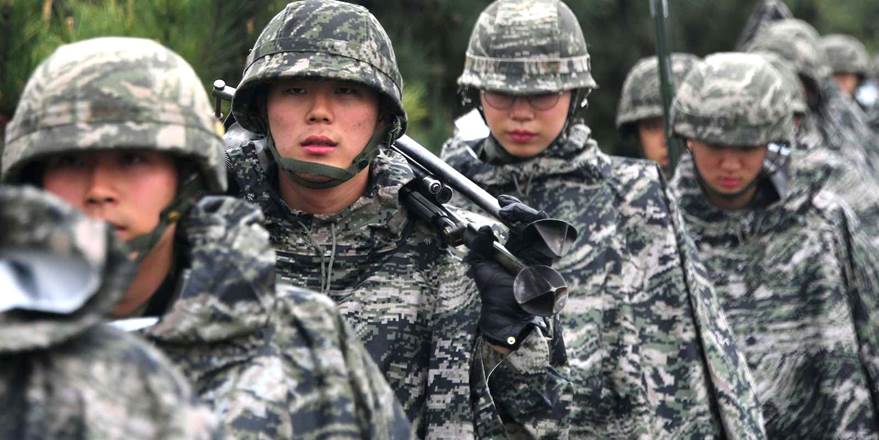

Written for JESPIONNE

TAO KUBLAI CROWN
In every part of the world, love and human affection are cherished and celebrated for their beauty, warmth, and purity. For many, love is the equivalent of happiness and is all that is needed to fulfill one’s life and give it meaning. However, for many couples around the world, their love is condemned, revered by their societal peers and in many cases, treated as a crime. In a time where love and the human expression of affection are evolving to occupy an innumerable amount of forms, we must ask ourselves whether or not it is acceptable for one to be punished for who they love. In what cases, if any, is it acceptable and necessary for standards and regulations to be put into place in terms of sexual orientation and human attraction? Finally, in its most basic form, are some forms of love more acceptable than others? And if so, who or what decides their acceptability? For as long as man has been capable of emitting and receiving love, sexual orientation has been an immensely divisive topic amongst all of mankind, inciting violence and giving birth to some of the largest and most powerful movements in history. While those who identify as heterosexual are universally accepted by society, those who identify as homosexual, pansexual, queer, polyamorous, or essentially anything other than heterosexual, struggle to find acceptance and peace amongst their peers. Though countries such as The United States, Australia, Brazil, and Canada recognize and have legalized gay marriage, in many other countries such as South Korea, China, Afghanistan, Singapore,
and Pakistan, homosexuality is illegal and in some countries is even punishable by death. In this article we will explore homosexuality in South Korea; particularly in its armies and how one’s sexual orientation can affect a soldier’s time in service. This summer I traveled to South Korea to visit a dear friend of mine who had recently finished his mandatory service in the Korean military. However, upon meeting, it was clear my once bright and optimistic friend had been severely damaged by his service both physically and mentally. The previous year he and his partner had traveled to The United States to be married and celebrate their honeymoon, but on the day of our meeting his wedding ring was nowhere to be seen and his face and body were a disturbing, tortured mosaic of bruises and markings. Upon questioning, it quickly became clear to me that he had been beaten and mentally tortured because of his sexuality and as my dear friend wept and spoke of the terrors he faced, I looked around and noticed that not a single soul seemed to care. Here sat this humiliated and defeated man so clearly broken inside and I wondered how this ever could have come to be. And more importantly why nothing was being done to stop it. Through my research, I came upon a recent report published by Amnesty International entitled, “Serving in Silence: LGBTI People in South Korea’s Military” which devolved an in-depth description of the harassment, isolation, and criminal charges homosexual men in the South Korean Military face.
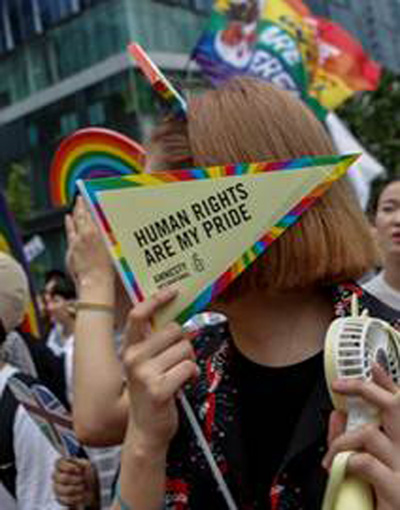
WE ALL ARE GRANTED THE RIGHTS TO PRIVACY, FREEDOM OF EXPRESSION, AND EQUALITY. HOWEVER, IN SOUTH KOREA THESE RIGHTS ARE UNDER ATTACK AND ARE BEING VIOLATED.

July 2020

In South Korea, all men must serve a minimum of 21 months in the nation’s military. In June and July of 2018 and May of 2019, Amnesty International investigated the suspected mistreatment of gay men and interviewed 21 soldiers, 14 of which identified as gay either at that current time or at some point during their service, with the remaining seven interviewees identifying as a transgender woman, bisexual, gender-fluid, non-binary, queer or pansexual. Amnesty also interviewed an additional 23 people among which included representatives and activists of Korean LGBTI organizations, a former military judge, officials from South Korea’s Ministry of National Defense, and staff of the National Human Rights Commission of Korea. Currently in South Korea, the adult engagement of same-sex sexual acts is not criminalized, however, same-sex couples are not recognized under the law or by the judiciary. In general, Amnesty reports that a vast majority of LGBTI people in South Korea face regular and widespread discrimination in their everyday lives and are essentially seen as lesser than their heterosexual peers.
Article 92-6 of the South Korean Criminal Military Act states that sexual activity between men is punishable up to two years in prison under an “indecent acts” clause. However, Amnesty found that this law is in direct violation of Article 11 of South Korea’s Constitution which states that, “All citizens are equal before the law, and there may be no discrimination in political, economic, social, or cultural life on account of sex, religion, or social status.” Furthermore, Article 92-6 is a violation of Article 17 of the ICCPR (International Covenant on Civil and Political Rights) which declares that privacy is a human right and is guaranteed to all. According to Amnesty, by criminalizing same-sex consensual sexual activity, this allows law enforcement officials to invade the privacy of same-sex couples alleged to be engaging in such activities. In 2017, the South Korean military carried out an unprecedented, aggressive investigation of roughly 50 soldiers who were believed to be engaging in same-sex sexual activities, 23 of which were charged with violating Article 92-6 of the Military


Criminal Act. Following this, less than a month before being discharged, a soldier identified by Amnesty as “Captain A” was taken into custody and sentenced to six months in prison with the judge suspending the execution of the punishment for a year. The remaining soldiers had yet to serve time in prison at the time of Amnesty’s report, however, are reported to have been denied promotions and were suffering other penalties while their cases were pending. Aside from facing criminal charges, Amnesty’s report includes detailed descriptions of the harassment, humiliation, fear, and psychological damage experienced by LGBTI soldiers. In an interview conducted with soldier Jeram, he explains how after being assigned to work as a driver, the lowest rank in the military, and being found by his unit members to be “feminine”, Jeram was repeatedly groped as his peers who continuously kissed his neck and pulled down his underwear. After attempting to stand up to his abusers Jeram’s bravery was met with night shifts at irregular hours and septic tank cleaning to further dehumanize and humiliate him. After unit members found out his sexual orientation, Jeram was forced to wear a “smiley face” label on his uniform to inform all who saw him that he was a “Soldier of Interest” and was removed from his duty as a driver. After spending a total of 116 days in the mental hospital, Jeram was diagnosed as “unfit for service” and discharged from the
military. As a condition of discharge, Jeram’s mother was forced to sign a contract stating that she would not sue the military for ill-treatment. The official reason for Jeram’s early discharge and inability to complete military service was that he was, “‚unfit … because (he) had a hysteric personal disorder and egodystonic homosexuality.” Although in the eyes of Amnesty International, Article 92-6 infringes on the rights of those in the LGBTI community, the South Korean government explained in its 2017 Universal Periodic Review that Article 92-6 of the Military Criminal Act does not intend to criminally punish sexual orientation; instead, the government justifies the necessity of this clause as a means of upholding military order and discipline, taking into account the nature of communal living in barracks. Additionally, in the Korean Supreme Court’s most recent 2016 ruling regarding the criminalization of same-sex sexual activity in the military, the Court stated: “The army’s closed, same-sex society, bears a high possibility of abnormal sexual acts taking place between the same-sex…So even if this may lead to the discrimination of soldiers of the same sex in comparison to soldiers of the opposite sex, we recognize this restriction is imposed to preserve the distinctiveness and combat power of the army, and thus contributes a reasonable cause (Constitutional Court of Republic of Korea, Case no. 2012Hun-Ba258 (28 July 2016), pp. 145–152 (official English translation).”
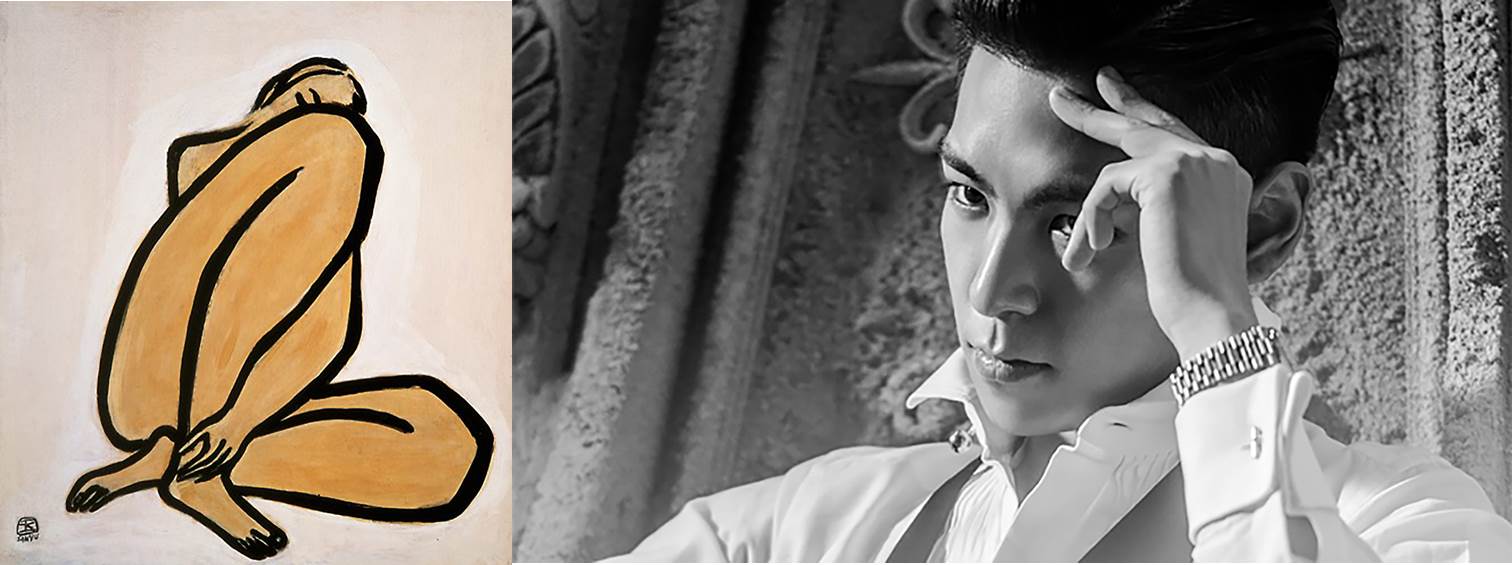


The United Nations, however, has repeatedly expressed concern over South Korea’s criminalization of same-sex sexual actions in the military. In their 2015 Concluding Observations on South Korea report, the UN Human Rights Committee, which is responsible for reviewing state’s compliance with the International Covenant on Civil and Political Rights, noted that they were “concerned about the high number of cases of sexual, physical and verbal abuse in the military, and that only a small number of such cases are recorded and lead to indictment.” Additionally, the UN Independent Expert on protection against violence and discrimination based on sexual orientation and gender identity has expressed great concern over South Korea’s weakening legal and human right’s framework. Article 2 of the Universal Declaration of Human Rights, which South Korea has ratified, prohibits discrimination on the grounds of “race, colour, sex, language, religion, political or other opinion, national or social origin, birth or other status,” which Article 92-6 of the Criminal Military Act is in clear violation of. In efforts to further protect this right, the UN High Commissioner of Human Rights has called for comprehensive anti-discrimination legislation that prohibits discrimination on the grounds of sexual orientation or gender identity. Furthermore, the UN High Commissioner of Human Rights makes it clear that even cultural or traditional values are not solid grounds for States to violate this right and/or evade their responsibility to protect it. UN Human Right’s bodies, such as the Committee Against Torture, the Committee Economic, Social and Cultural Rights and the Universal Period Review, have all repeatedly urged South Korea to repeal the law to criminalize same-sex consensual sexual activity in the military as it is a clear violation of a human’s right to privacy, equality and non-discrimination, and freedom of expression.
It is unclear how long the debate regarding the legality of one’s sexual orientation will endure. Reading reports such as Amnesty’s and hearing stories similar to that of my dear friend’s lead me to believe that perhaps mankind will never truly be able to accept all forms of love and sexual orientations. However, South Korea’s criminalization of same-sex sexual actions in the military is a clear violation of human rights as stated in the Universal Declaration of Human Rights. Although this report deals with homosexuality and other sexualities included in the LGBTI community, it is not a debate over whether homosexuality is “right” or “wrong,” nor is it a conversation about why homosexuality should be accepted in all parts of the world. It is about the unalienable human rights we are all guaranteed upon birth and about bringing awareness to the mistreatment and pain endured by LGBTI soldiers in the Korean military. We all are granted the rights to privacy, freedom of expression, and equality. However, in South Korea, these rights are under attack and are being violated. Regardless of your opinion on homosexuality, it is important to protect our human rights and stand up against those who threaten them. By allowing the violation of human rights to occur in other countries we are ultimately sending the message to others that we do not value or care about our rights. In every country, in all parts of the world, it is our responsibility as human beings to protect our human rights and fight for those whose voices have been stolen from them so that we may all enjoy a more safe, loving, and peaceful life. If you would like to take action to help activists in South Korea fight for their human rights you can go to www.amnestyusa.org for more information on ways you can get involved.

Reference Article


Reference Article

By CRYSTAL TAI for SOUTH CHINA MORNING POST
Last weekend, Incheon, South Korea’s second-biggest port city, held its first-ever gay pride parade. Things took a violent turn, however, as more than 1,000 anti-gay protesters, including Christian groups, verbally and physically pushed back the 300 parade participants. The event was expected to last 20 minutes, but took hours due to the conflict. Since 2003, homosexuality has no longer been classified as “harmful and obscene” in South Korea, but discrimination against the community remains widespread. While the country’s national human rights commission act states that individuals cannot be discriminated against on the basis of their sexual orientation, members of the LGBTI community say there is little actual protection for them in their daily lives. “LGBTI [people] are a hidden society in Korea,” said Natalie, a queer-identifying woman in her early 30s whose name has been changed to protect her identity. “We know we exist but it is very hard to be accepted as a normal member of society. People think it’s a disability or a mental illness; even though medical experts have said it’s not, many Koreans still think that.”
In South Korea, members of the LGBTI community often refer to themselves as i-ban-in or “second-class citizens”, a play on the term for “regular person”. Many remain closeted to keep their jobs and relationships. In a 2017 poll by the National Human Rights Commission of Korea, 92.6 per cent of LGBTI people surveyed said they worried about becoming the targets of hate crimes. A Gallup Korea poll the same year found 58 per cent of Koreans were against same-sex marriage, while 34 per cent supported the idea, and 8 per cent remained undecided. “If someone is revealed as gay at work, they are not fired but are often bullied. People won’t talk to them, or co-workers may feel weird around them, so relationships become uncomfortable,” Natalie said. She said lesbians had a harder time, noting the country’s gender inequality: “First, they are gay, second they are women.” READ MORE >>
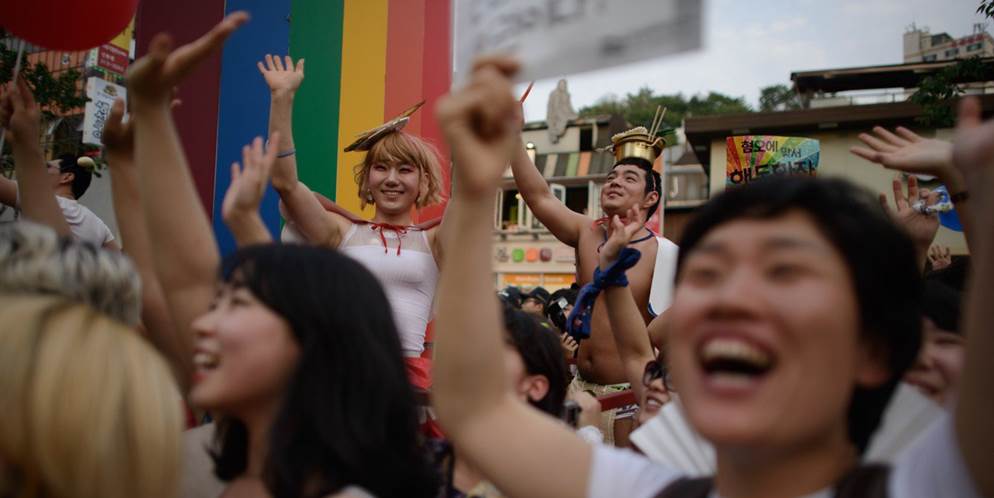


For out LGBTI people living in the country, fitting in is made even harder by highly conservative traditional gender norms – particularly in a nation where all male citizens between the ages of 18 and 35 must perform two years of mandatory military service. A Korean man, who asked not be identified, said the military actively discriminated against non-binary people. “When I showed up for orientation after my conscription in the early 2000s, there was a woman on the grounds standing next to a high-ranking officer. She was crying so hard, I assumed she was a girlfriend or partner reluctantly saying goodbye to someone who had been enlisted. It turns out she was one of the very few openly male-to-female transgender Koreans back then, and had been enlisted to perform military duties. The officer lectured her in front of all of us, saying things like ‘Now what are we going to do with you? How can you live like this?’” He did not know
what became of the enlistee. In recent years, the South Korean military has been accused of targeting and exposing gay personnel, even creating fake dating apps to track down gay soldiers, according to the Military Human Rights Centre of Korea. Soldiers can be punished for “disgraceful conduct”, a term used to refer to homosexual behaviour, and jailed for up to two years, according to Human Rights Watch. While transgender Koreans can now have their gender changed legally and most can be dishonourably discharged or exempted from military service, they still have a hard time in society. “It’s really hard for trans people to find jobs because there are standards for what jobs are for men and what jobs are for women,” Natalie said. “If you don’t look female, you cannot find jobs that are defined as feminine. Your chances greatly reduce.”
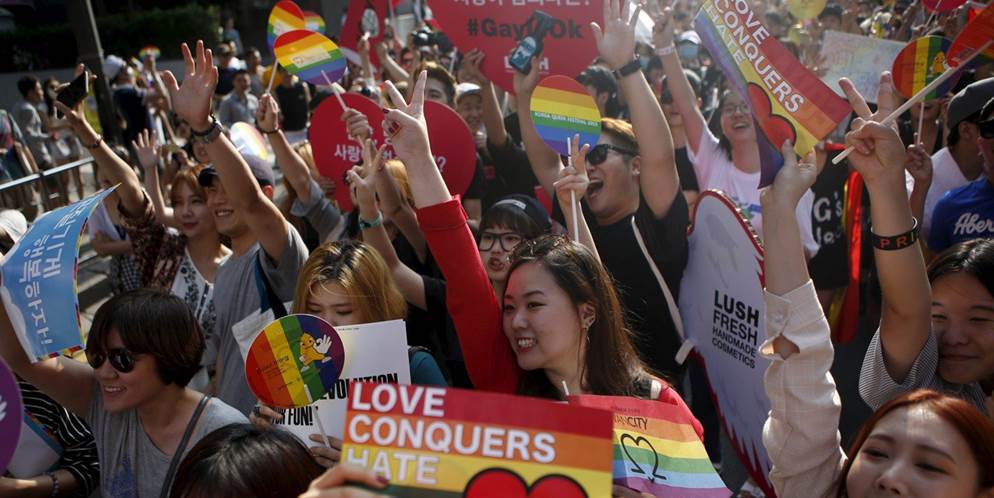


Many transgender Koreans get jobs that do not require identity cards to avoid discrimination, such as factory work and other low-paying labour, a transgender lawyer said in a report by the Kyunghyang Shinmun. Despite being a plastic surgery mecca, South Korea does not see many gender reassignment surgeries, according to Joy Kang, the chief executive of medical tourism concierge service Eunogo. “Korea has more of a trend towards skincare and facial plastic surgeries. I don’t think gender reassignment surgery is something the government wants to promote,” Kang said. Dr Kim Seok-kwun from Dong-a University hospital specialises in South Korean gender reassignment surgery. He said while the country’s trans population –
estimated around 1,000-1,200 people – has not grown much over the past decade, the age of patients is getting progressively lower. “Most of the people having surgery [used to be] in their 30s or even 40s and 50s, but now many teenagers and people in their 20s come to have it,” Kim said, adding that those who are under the age of consent either receive it from their parents or show up with them, indicating the changing attitudes of older South Koreans. Natalie feels acceptance has is slowly improving. “More family members were at the Incheon Parade, that was very impressive,” she said. ”Transgender Koreans and their mums showed up… We need to change our parents’ generations’ minds.”
Photos by
Assoicate Press / Politico / Original Source Article
TAGS
Angela Merkel / Syrian Refugees /German Chancellor / Josef Janning / European Council on Foreign Relations / Berlin / European Security / Brexit / Greece Financial Crisis / Person of the Year / Politico / Mathew Karnitsching

July 1st, 2020

INTERVIEWS















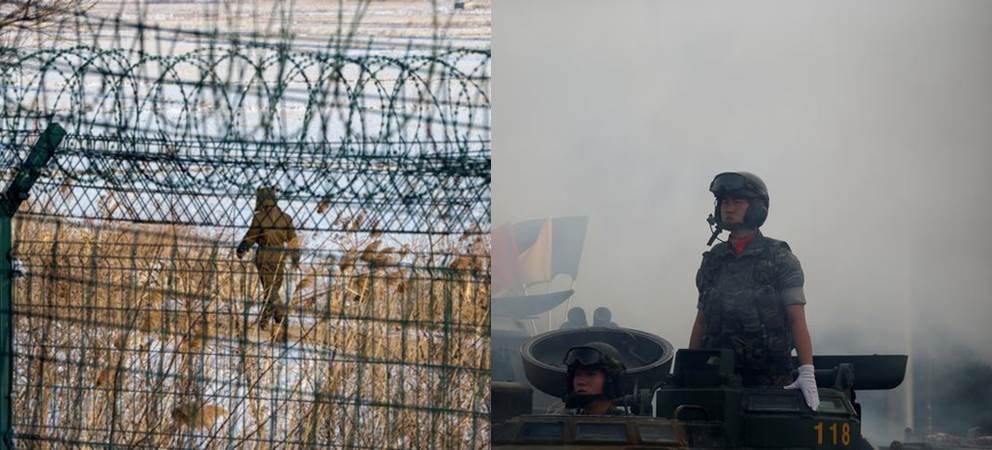
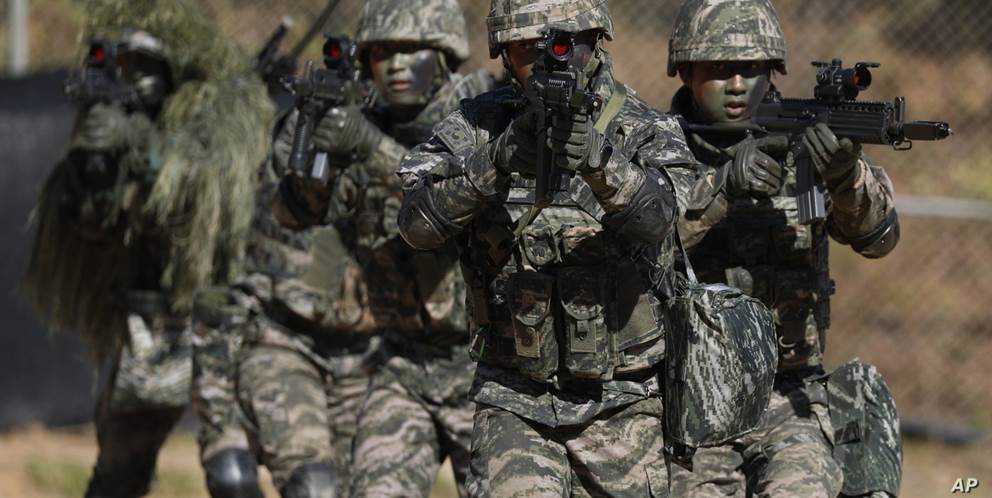
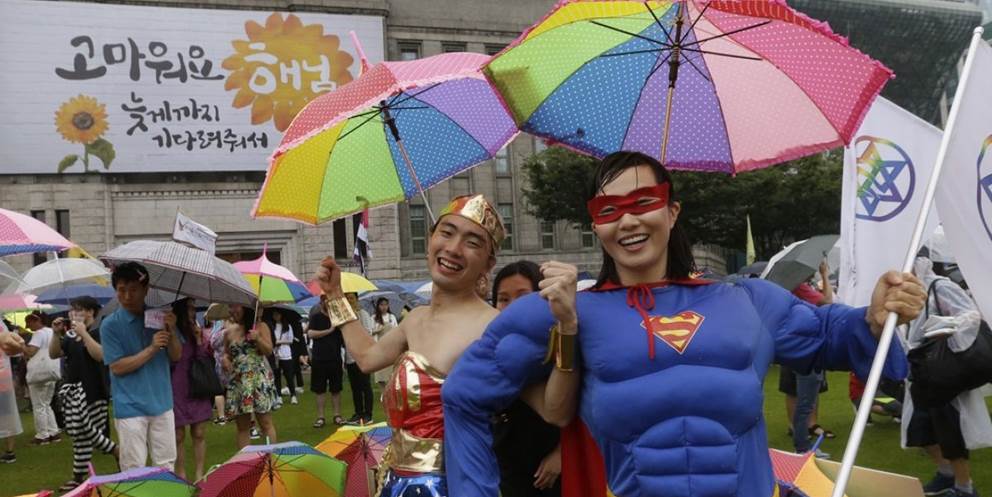

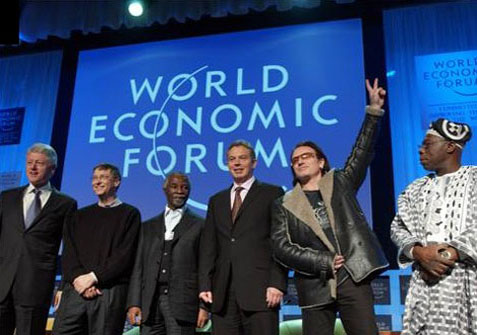

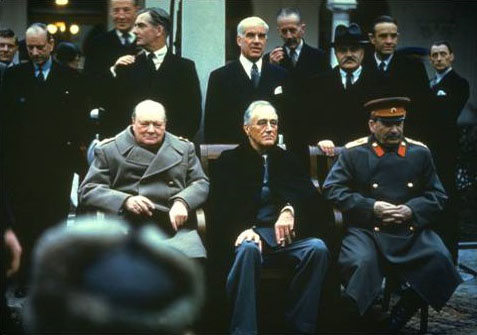

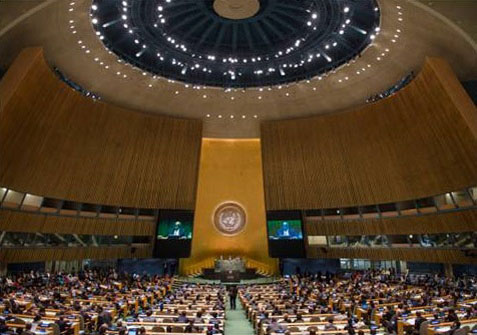



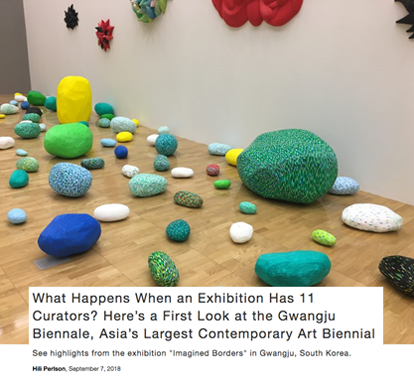

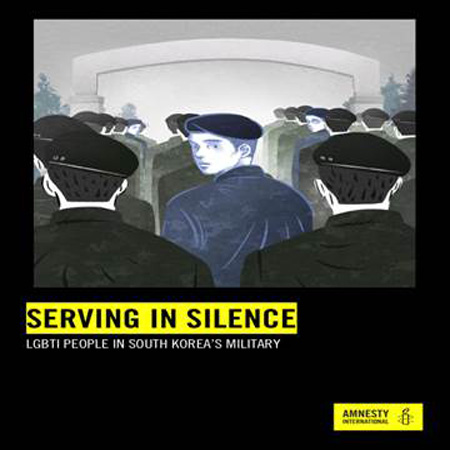
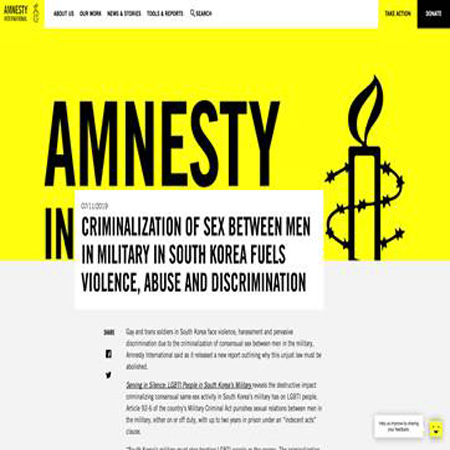
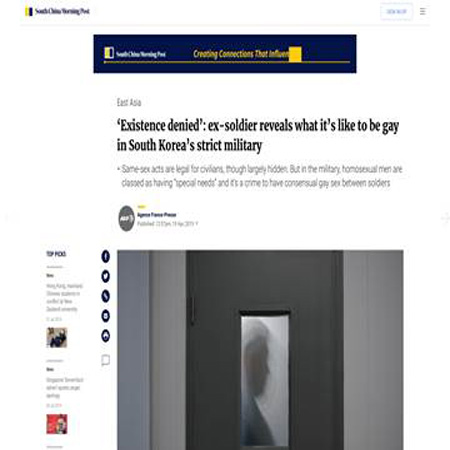
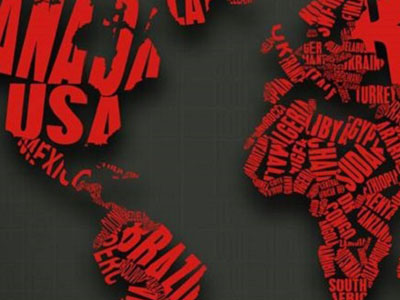
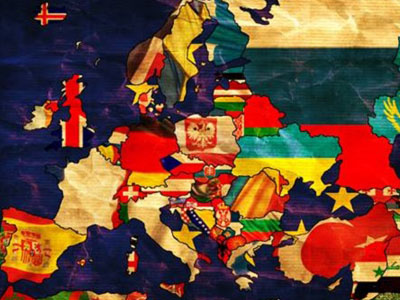
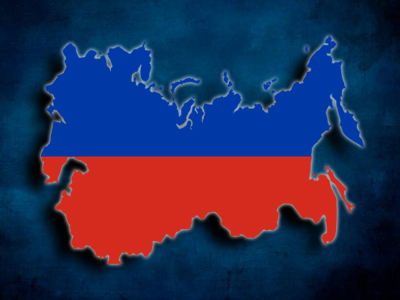
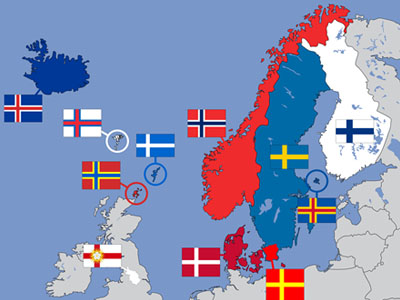
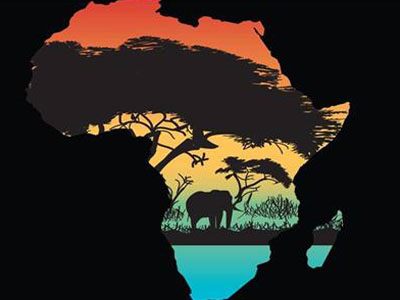
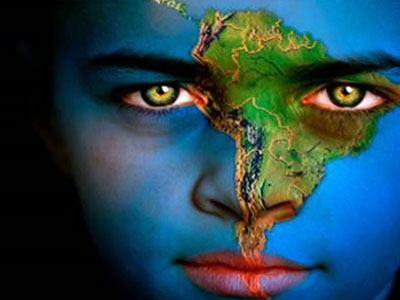

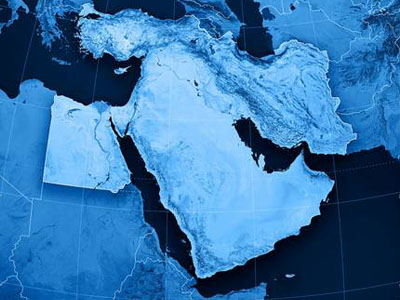






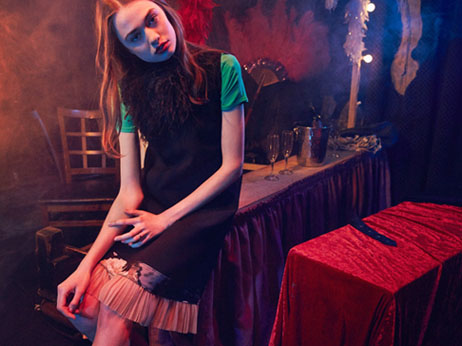


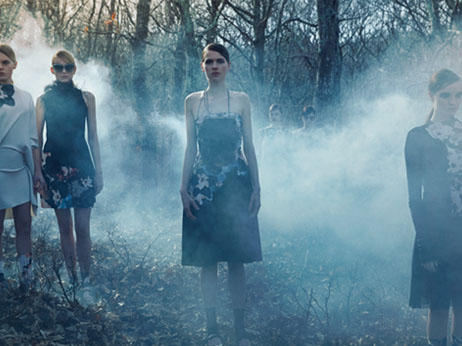
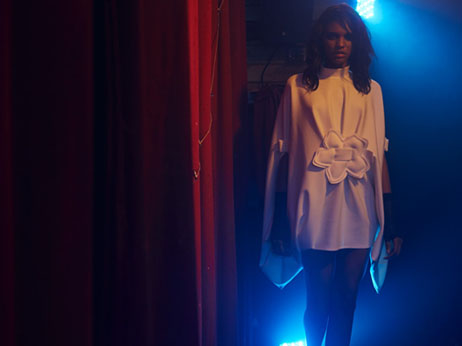


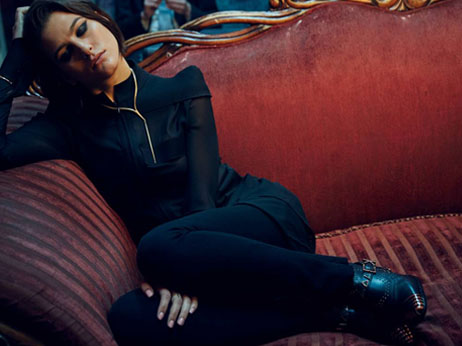
SOCIAL MEDIA